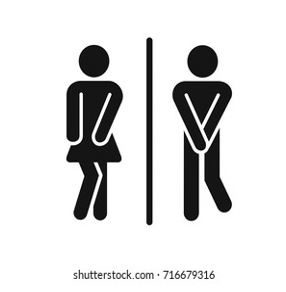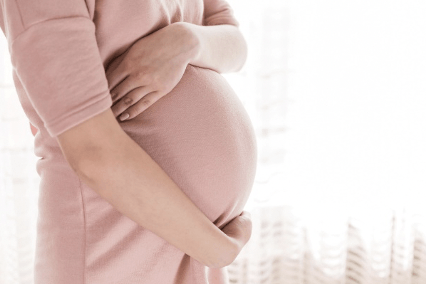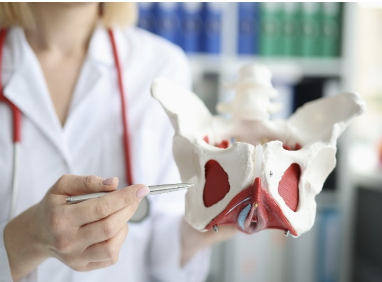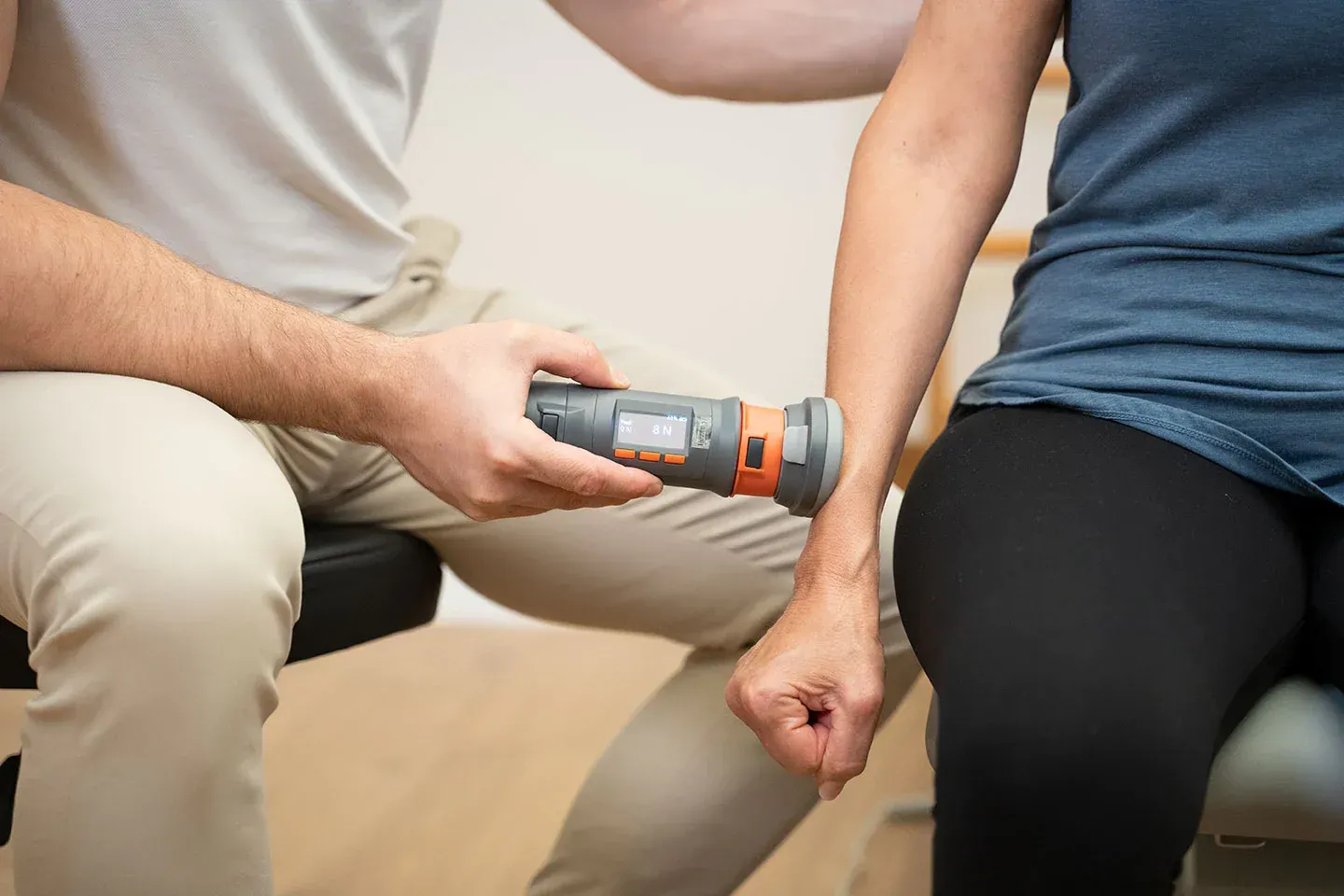Changes in Urinary Symptoms
Symptoms may include but not just exclusive to;
- Urinary incontinence: leaking urine
- Frequency: increased number of times going to the toilet in the day or night-time
- Urgency: rushing to the toilet
- Voiding: difficulties in emptying
Different types of Urinary incontinence:
There are different types of incontinence which have differing causes/ treatments:
- Stress incontinence; leakage when coughing, laughing, sneezing or with exercise/activity
- Urgency incontinence – sudden rush to go which is difficult to defer and leaking as not able to get there in time
- Mixed incontinence is a mix of the above
- Overflow incontinence – difficulty emptying due to overactivity / obstruction.
Changes in Bowel symptoms:
Changes in bowel symptoms may include leakage, urgency, constipation, and straining.
The impact of bladder & bowel problems:
- Avoidance or reduced exercise
Exercise is important for all aspects of physical and mental-health.
However, some activities/exercise may trigger stress incontinence and therefore some may avoid the exercise entirely
- Emotional distress
Avoiding or reducing activities due to symptoms may cause emotional upset.
There can be vast differences in severity of symptoms e.g a mild annoyance to having a significant impact to daily life. In turn, this can have an impact on mental health, well-being and social interaction
- Intimacy/relationship issues
Sexual intercourse may be avoided or affected if it is a trigger for leakage or discomfort. There may be embarrassment and anxiety and this in turn may impact close relationships
Pre/ Post-natal care:
Approximately 1 in 5 females may develop discomfort/pain in their back and pelvic area during pregnancy – collectively called ‘Pelvic girdle pain’ (and formally known as SPD).
Symptoms can vary from mild pain to more severe symptoms; impacting walking and daily activities. It is important to discuss concerns with a Midwife/GP but also getting treatment from a Pelvic health physiotherapist can help to manage symptoms.
Post-natally there may be concerns regarding returning to activity and exercise, concerns regarding a separation in the tummy muscles (diastasis recti) or bladder/bowel symptoms.
Physiotherapy can be helpful to help manage pains/discomfort or bladder/bowel symptoms during these times. Symptoms are not just part of having a baby and should not be ignored!








